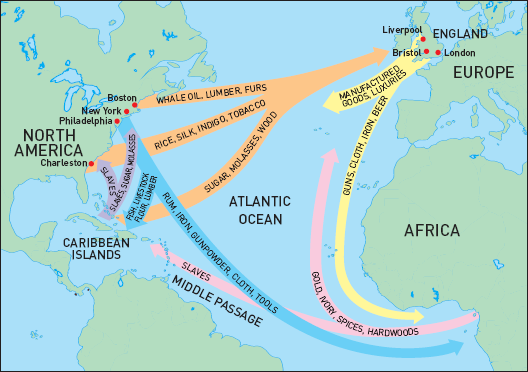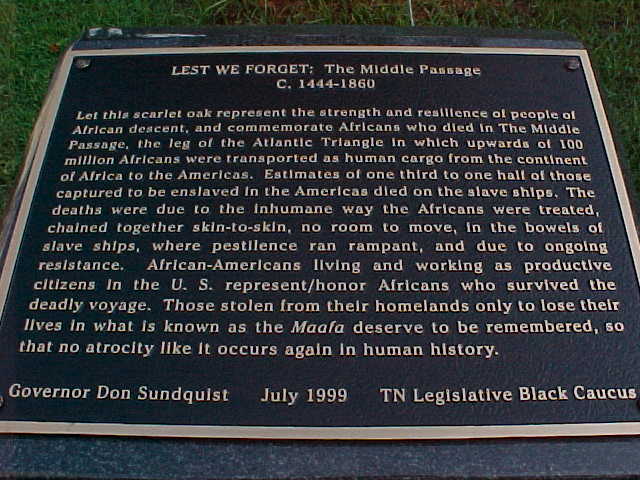
“God never dies, therefore I cannot die”
Adinkra symbol of God’s omnipresence and the perpetual existence of man’s spirit… This symbol signifies the immortality of man’s soul, believed to be a part of God. Because the soul rests with God after death, it cannot die.
In August 1992 a group of African people from throughout the world met at the Black Think Tank conference in Badagry, Nigeria to discuss the direction that Pan-Africanism should take as the year 2000 approached. Out of that meeting was produced a document called “The Black Agenda up To the Year 2000”. In that document was established the observance of “Nakumbuka Day” as a day of remembrance. All African people who attended that conference were encouraged to return to their respective communities to establish the tradition of Nakumbuka Day.
The Pan-African Associations of America returned to the U.S. and created the Nakumbuka Day ceremony, presenting its first one at San Diego State University, California on November 11, 1994. This was the first known celebration of Nakumbuka Day in the U.S. In 2003, Nakumbuka was celebrated for the first time in Jamaica when Basil Lopez “Kusoonogo” introduced it there with the support of the faculty and administration of Mico College in Kingston. That commemoration was qualitatively different as officialdom of the country was involved. The Governor of the country participated in the procession.

The Middle Passage ~ Tom Feelings
Nakumbuka – meaning “I remember” – comes from the African (Bantu) language of Kiswahili and serves to remind us that we can never afford to dismiss, minimize or simplify these past five hundred years of human horror and devastation. It is a day to remember those of African blood who died unknown, unwanted by those who kidnapped them and left families on the continent who have never been able to lay their grief to rest. On this day African people are encouraged to set aside the time to read and talk with children of all ages about the Maafa (the African holocaust of slavery) and what we must do to prevent it from ever happening again.
 Nakumbuka is the name given to the annual day of observance for the Maafa. The Maafa has been one of the least discussed human tragedies in the past five hundred years by African people among themselves, yet this segment of African human time has crippled a continent, its people and its children of the Diaspora. What has probably made this tragedy even more horrific has been the inability of its victims to talk about it freely, and to openly express their grief without shame or embarrassment. One aspect of African liberation is finding a way to bring some psychological, emotional and spiritual closure to the trauma we have experienced.
Nakumbuka is the name given to the annual day of observance for the Maafa. The Maafa has been one of the least discussed human tragedies in the past five hundred years by African people among themselves, yet this segment of African human time has crippled a continent, its people and its children of the Diaspora. What has probably made this tragedy even more horrific has been the inability of its victims to talk about it freely, and to openly express their grief without shame or embarrassment. One aspect of African liberation is finding a way to bring some psychological, emotional and spiritual closure to the trauma we have experienced.
 Yet not enough has been written about the effects of this holocaust on the social, economic and cultural evolution of the African continent and the children that it lost due to the genocidal nature of an emerging European Capitalism seeking free labor to build its empires. The European aggression against African people reached an apex of violence and brutality as one hundred years of the trade in human beings destroyed and erased the existence of whole villages, peoples, traditions, rituals, ceremonies, histories and languages. It has been estimated that 60 to 90 million African lives were lost in the Middle Passage, not to mention the huge toll of African human life lost on plantations in the Caribbean, North America, Central America, South America and Europe.
Yet not enough has been written about the effects of this holocaust on the social, economic and cultural evolution of the African continent and the children that it lost due to the genocidal nature of an emerging European Capitalism seeking free labor to build its empires. The European aggression against African people reached an apex of violence and brutality as one hundred years of the trade in human beings destroyed and erased the existence of whole villages, peoples, traditions, rituals, ceremonies, histories and languages. It has been estimated that 60 to 90 million African lives were lost in the Middle Passage, not to mention the huge toll of African human life lost on plantations in the Caribbean, North America, Central America, South America and Europe.
African people died for the sole purpose of increasing the wealth and domination of Western Civilization at the expense of Africa and her children. Her children have died, in untold numbers, under different styles of enslavement including colonialism, neocolonialism, apartheid, racial segregation and cultural assimilation. It has resulted in deep spiritual pain of unmeasured effects on African people worldwide.

The Middle Passage ~ Tom Feelings
Here’s a link to how to celebrate Nakumbuka at home. Part of the Nakumbuka ritual involves a call and response recitation of the names of ports from which enslaved Africans were taken away; participants say “Nakumbuka!” in response. We ask all African people to burn white candles and incense throughout the day, wear white clothing, ribbons and armbands as a sign of remembrance.  Place a mark of ash in your foreheads as a sign of mourning and at the end of the Nakumbuka Day embrace each other and say seven times loudly to reassure the ancestors that they are never away from us: “NAKUMBUKA!”
Place a mark of ash in your foreheads as a sign of mourning and at the end of the Nakumbuka Day embrace each other and say seven times loudly to reassure the ancestors that they are never away from us: “NAKUMBUKA!”
*****************************

Mwalimu Wesley Kabaila
Asante sana to special guest-blogger and brother, Mwalimu Wesley Kabaila, who edited this post from articles by Duane Bradford, AKA Baye Kes-Ba-Me-Ra. Mwalimu Wesley Kabaila is the former Chair of the Us Organization which founded the Pan African Holiday of Kwanzaa. He currently serves as Chief of Staff for the Friends of African Union’s Congress (www.fauprime.net) as well as being Chair of the Congress of African People.
Contact information:
Simbamaat Consultants – Principal
6709 La Tijera Blvd. #337
Los Angeles, CA 90045


Beautiful post! Thank you for this. Ase’
Ase’ …Lest we forget… https://malaikamutere.com/2023/11/11/nakumbuka-day-1111-remembering-the-maatrix/